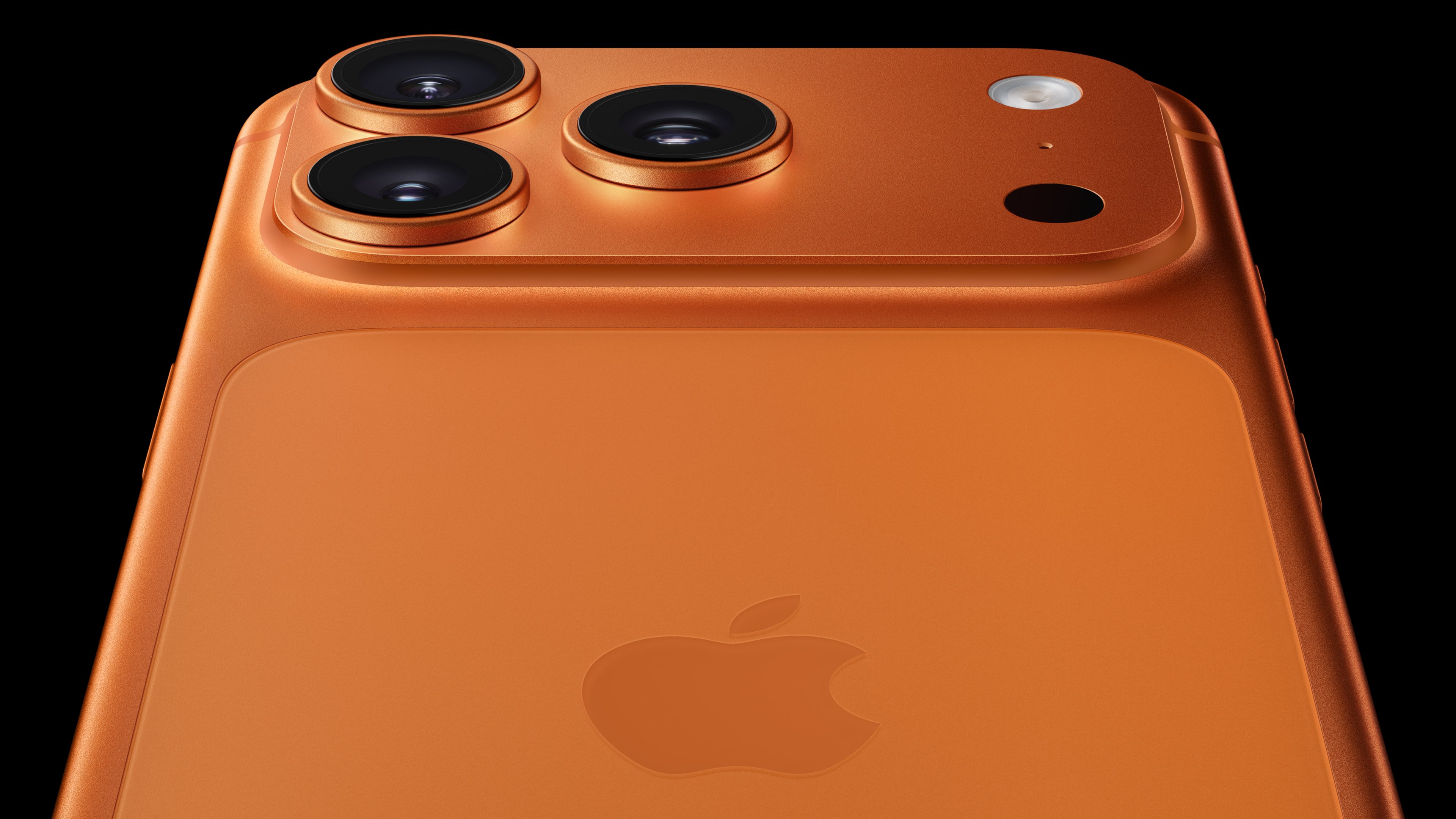Apple (AAPL +0.04%) may be in the middle of testing a larger and more powerful version of the iPad that's a hybrid of a notebook and tablet, if reports from The Wall Street Journal prove true. And while that could be very good news for Apple investors, other companies that rely on selling components for Apple's MacBooks, specifically Intel (INTC 4.33%), may not welcome such an innovation with the same excitement.
As data from NPD recently showed, sales of the MacBooks and desktops dropped 7% in 2013, year over year. There's an obvious shift away from notebooks to tablets, which is a good indicator as to why Apple may want to release an iPad Pro tablet. That should be a bit troubling for Intel because the company supplies the processors for Apple's MacBook lineup and Apple wouldn't use Intel's chip architecture in an iPad Pro. Most tablets, including Apple's, use processors based on ARM Holdings' chip architecture.
Patrick Wang, an analyst at Evercore Partners, said in reference to a possible iPad Pro launch this year, "This would hit Intel in an area of strength -- enterprise NBs -- and open up the monopoly to price competition, a common theme for Intel in 2014."
Considering that consumers are starting to move toward tablets and Apple's MacBook sales have been slowing recently, a major shift in Apple's product strategy toward a workhorse iPad could hurt Intel both on the Apple side and the enterprise-notebook side.
This past quarter Intel brought in about $8.4 billion in revenue from its PC client group division, down 3.5% year over year. That revenue could be hurt even more if Apple moves away from notebooks like the MacBook Air and toward a professional-tablet option.
It's not all bad, but not good either
Even if this scenario plays out like we've mentioned, it's still not all doom and gloom for Intel. The company already has its chips in Microsoft's Surface tablets and also Android tablets like the Samsung Galaxy Tab 3. Intel is expected to make more inroads into the Android tablet market this year, as it releases a 64-bit Atom processor for Android devices. Transitioning to more Android tablets will obviously give Intel the opportunity to further benefit from mobile's growth.
Though Intel's stock has been faring pretty well over the past year, its ties to the PC industry will continue to prove troublesome for investors if it can't transition to mobile quickly enough. A recent report from IDC said that despite new PC innovations like touchscreens, "there's still a still a high probability that we will see another decline in worldwide shipments in 2014."
Intel investors should keep an eye out for how the company is working to sell more chips for Android devices, as well as any news on an iPad Pro. While Intel is still the largest microprocessor company in the world, mobile-device makers rely heavily on ARM architecture, and that doesn't seem to be changing. If Apple launches an iPad Pro that takes on the enterprise-notebook market, Intel could lose even more footing in the mobile space.






